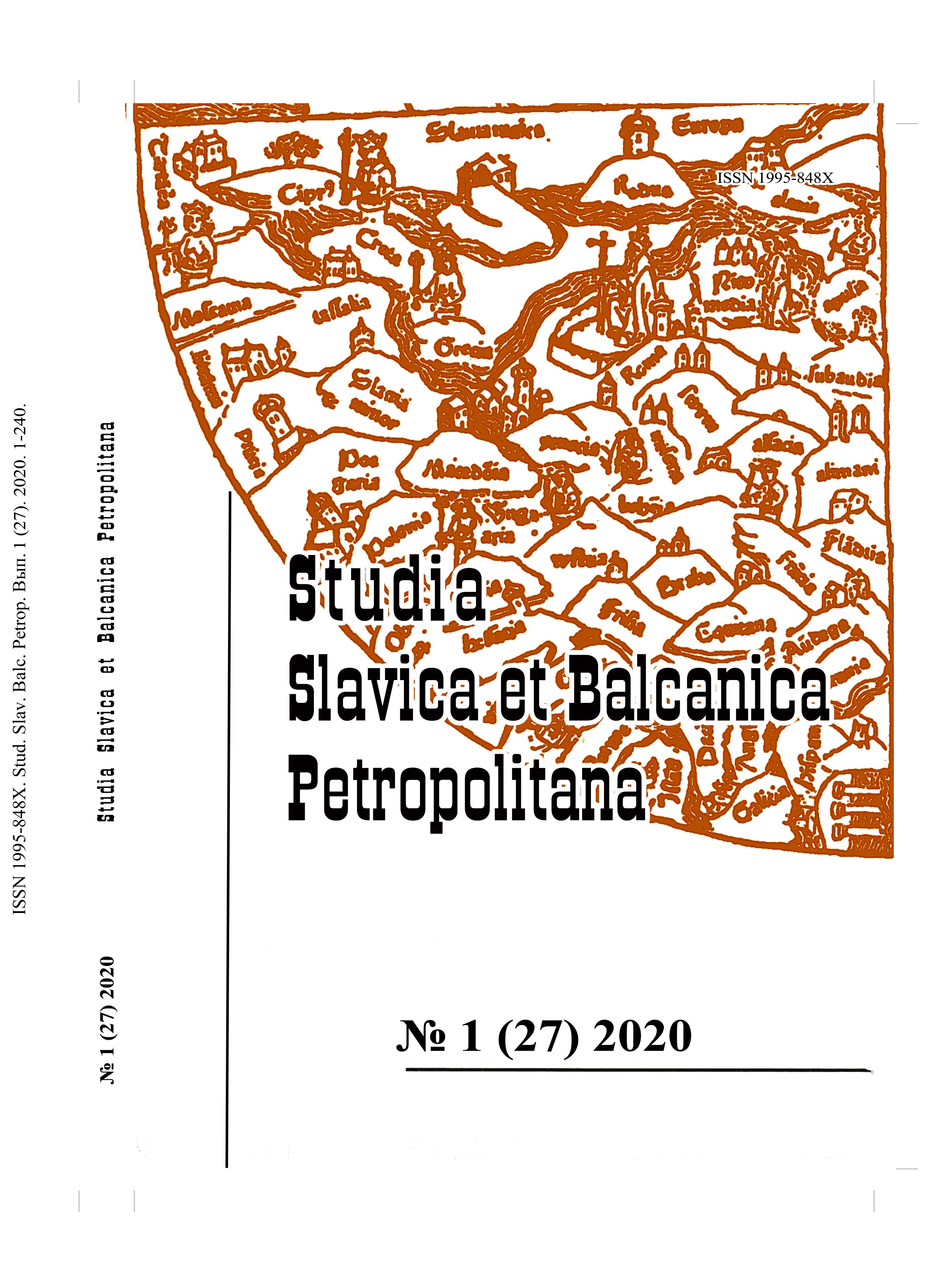История Средневековой Руси: От политической инструментализации и консерватизма академической традиции к аксиологическому пониманию
The history of Medieval Rus’: From political instrumentalization and conservatism of the academic tradition to axiological comprehension
Author(s): Aleksei Martyniuk, Aleksey Viktorovich MartynioukSubject(s): History, History of ideas, Local History / Microhistory, Middle Ages
Published by: Издательство Исторического факультета СПбГУ
Keywords: Old Rus’; East Slavic Middle Ages; medieval studies; historiography; historical science development trends
Summary/Abstract: The article devoted to the consideration of the current situation in the study of the history of Medieval Rus’, focuses on the problem of political instrumentalization of history in modern public discourse. It is characterized as disintegration. The previously unified field of research is rapidly breaking up into separate “clusters of study”. A decisive factor in this process of foundation in the Eastern Europe many new national states, finding their roots in history. At the same time, there is a fragmentation and disintegration of the previously unified field of research, including in the field of medieval studies, and the appearance of “its own Middle Ages” in each national historiography. The disintegration of the field of research also leads to the disintegration of a single language of science — first of all, not even in the “national key”, but in the conceptual plane, since the presence of “one’s own Middle Ages” also presupposes the formation of one’s own conceptual language of its description and study. The author puts forward the thesis about the need for axiological understanding of Medieval Rus’ — as a historical era, a single subject of research in the historiography of different countries and at the same time a unique cultural phenomenon in its completeness, which is a common heritage of three East Slavic peoples. To achieve this goal, the author proposes the concept of “Byzantinization” of the history of Old Rus’. Studies of the historical and cultural heritage of Byzantium are a vivid example of “integrating” historiographic paradigm. The history of Byzantium as a scientific discipline managed to avoid fragmentation and was constituted as a kind of “thing in itself”, a selfsufficient historical and cultural value that does not require legitimation through its significance for modernity. The author constructs his argumentation in the form of seven theses, each of which considers one of the topical problems of modern historical knowledge, including in the field of Eastern European medieval studies (discourse of patriotic rhetoric in history, discourse of ideological justification through history, discourse of context and understanding, discourse of unity and / or divisions, discourse on the limits of interference in history, discourse of constructivism in history, discourse on the relationship between science and society).
Journal: Петербургские славянские и балканские исследования
- Issue Year: 2020
- Issue No: 1 (27)
- Page Range: 25-38
- Page Count: 14
- Language: Russian

